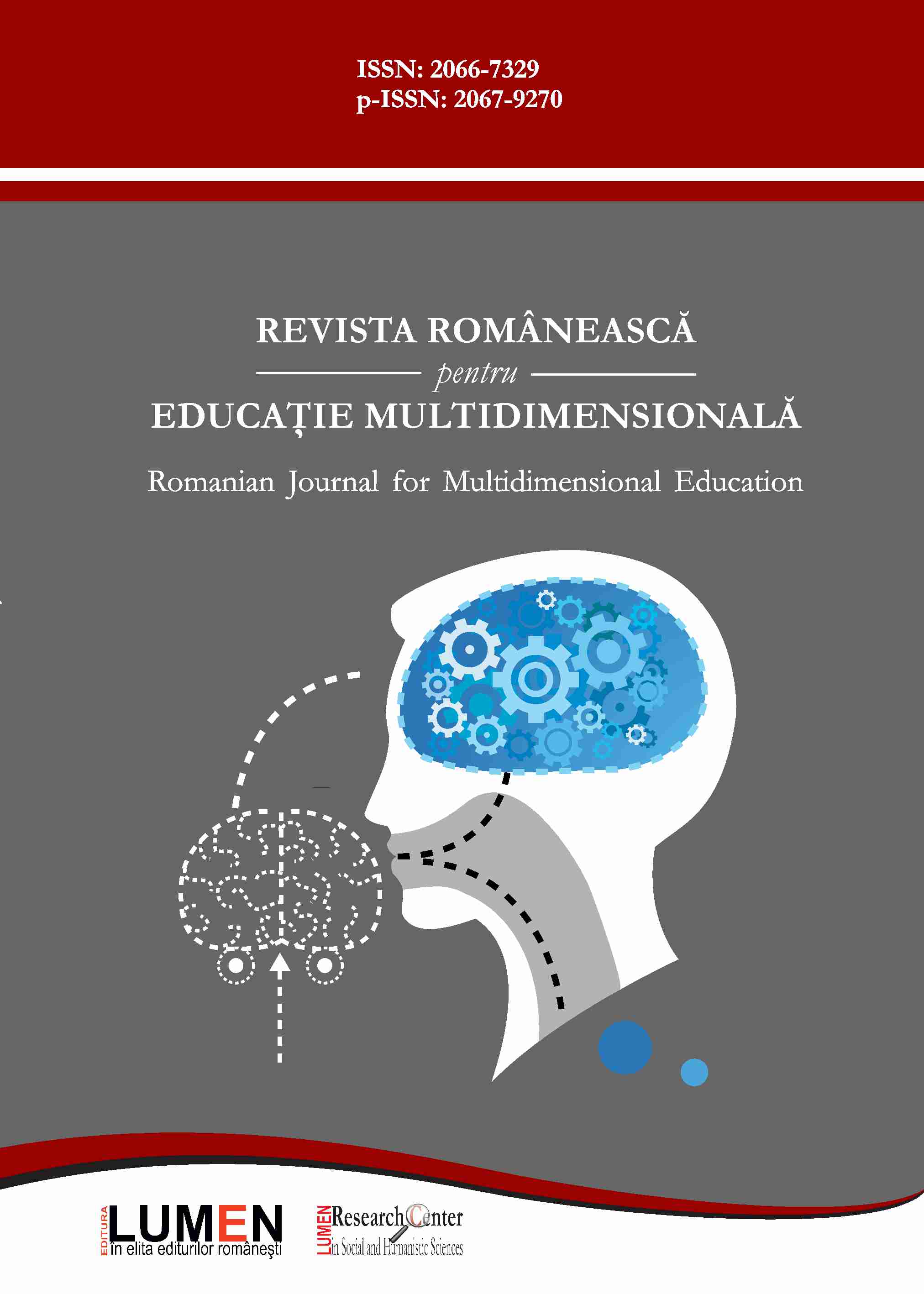Developing Healthcare Competency in Future Teachers
Developing Healthcare Competency in Future Teachers
Author(s): Borys Maksymchuk, Tetiana Matviichuk, S. V. Solovyova , Valeriy Solovyov, Hanna DAVYDENKO, Ruslana Soichuk, Oksana KHURTENKO, Olga Groshovenko, Nataliya Stepanchenko, Yuliana Andriychuk, Tetiana GRYGORENKO, Agron Duka, Tetiana DUKA, Iryna PIDLYPNIAK, Roman Gurevych, Vasyl Kuzmenko, Iryna MaksymchukSubject(s): Social Sciences, Education
Published by: Editura Lumen, Asociatia Lumen
Keywords: educational space; interdisciplinarity; pedagogical tasks; extracurricular activities; self-development; motivation boost;
Summary/Abstract: The progressive mankind has realized that medicine has only relative possibilities in the elimination of the results of destructive processes in the human body and mind, whereas preventive measures, propaedeutics, physical education and sport and other forms which eliminate causes rather than effects are more effective. Experimental work aims to verify the effectiveness of pedagogical conditions, which assure the process of developing healthcare competency in future teachers. The research is based on a hypothesis that healthcare competency of future teachers can be successfully developed under the following pedagogical conditions: enhancing future teachers’ motivation; creating learning space; designing the content of training based on interdisciplinarity; accomplishing pedagogical tasks with healthcare content; organizing students’ extracurricular activities based on their diversification; implementing healthcare self-development during professional training. The first experimental group (EG 1) comprised 95 respondents, the second experimental group (ЕG 2) – 99 respondents, the third experimental group (ЕG 3) – 97 respondents; the first control group (CG 1) – 101 respondents, the second control group (CG 2) – 105 respondents. Results. The high level of healthcare competency formation in EG 1 (33,68%) exceeds similar figures in CG 1 (20,79%) by 12,89%. In EG 2, this difference in comparison with CG 2 amounts to 20,17%. In CG 1 and CG 2, there were many respondents at critical and low levels –46.53% and 53.33% respectively. In EG 1, EG 2 and EG 3, the number of respondents at critical and low levels ranged from 21.63 to 25.26%. Conclusions. Healthcare competency is successfully formed in the process of realizing the developed system and implementing the determined pedagogical conditions. Conclusions. Healthcare competency is successfully developed in the process of realizing the developed system and implementing the determined pedagogical conditions.
Journal: Revista Românească pentru Educaţie Multidimensională
- Issue Year: 12/2020
- Issue No: 3
- Page Range: 24-43
- Page Count: 20
- Language: English

